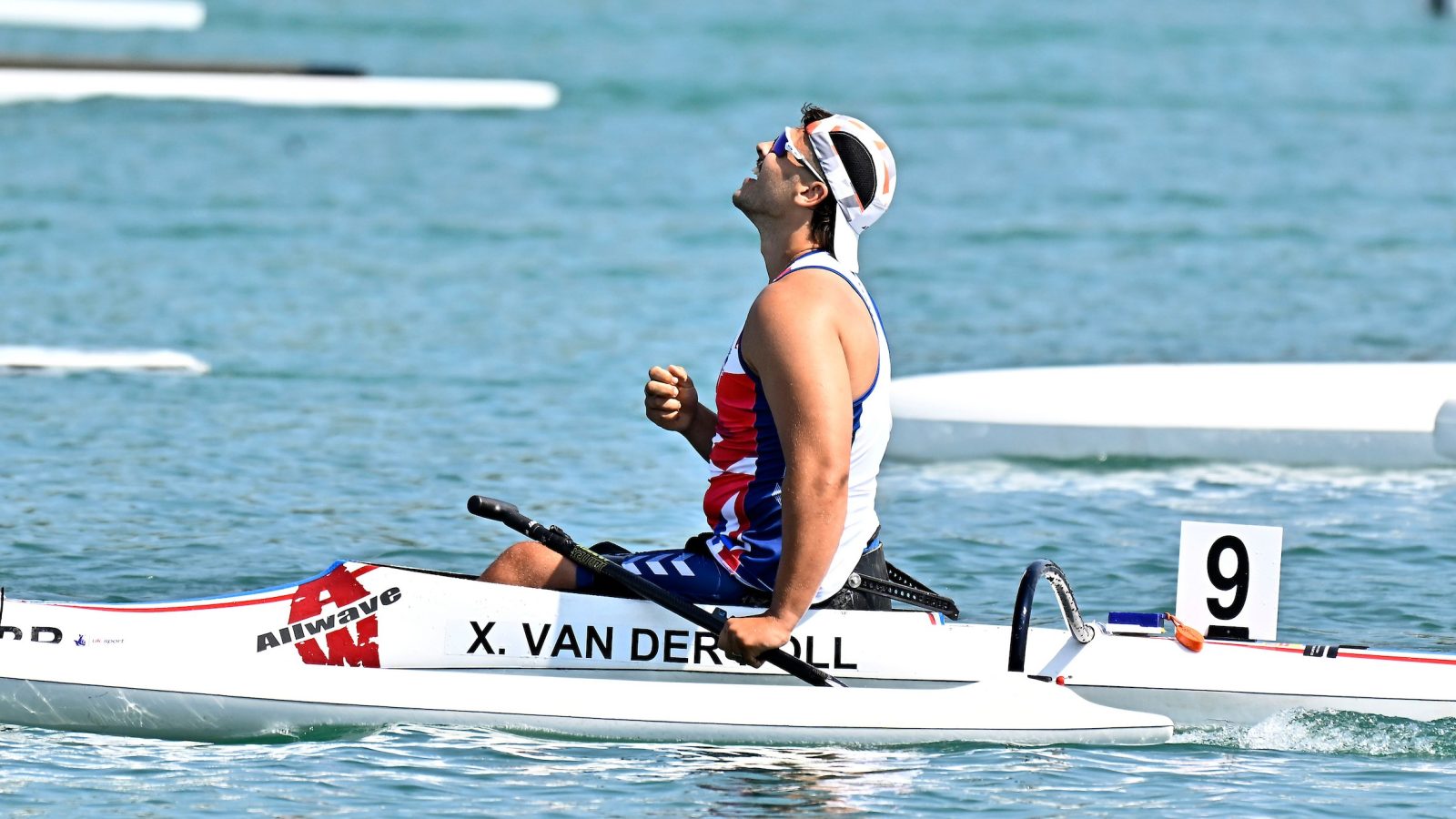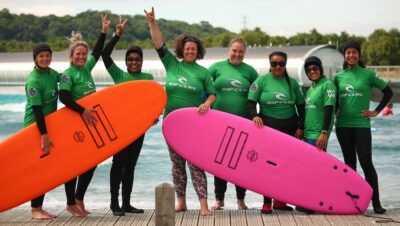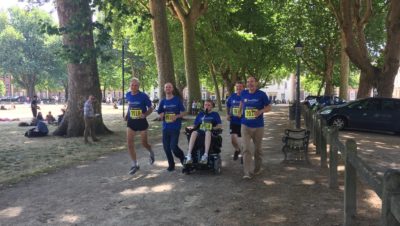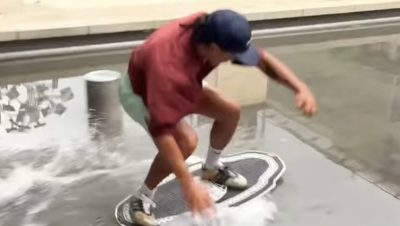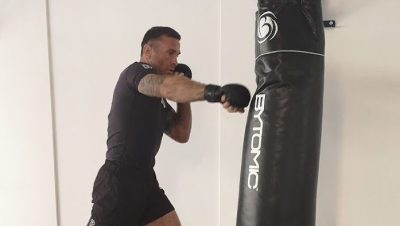Other Sport / paralympics
Xander Van der Poll: doctor, paracanoeist and potential Paralympian
Recent University of Bristol graduate Xander Van der Poll broke his back seven years ago after he fell out of a tree. Now he is a doctor and a paracanoeist, aiming to qualify for the Paralympics in 2028 in Los Angeles.
Can you tell us about yourself?
“I was born in South Africa but grew up in the UK. I’ve always wanted to be a doctor, so when I was accepted into medical school at UoB, I was extremely excited. I grew up playing rugby and earned good grades. I had to put in hard work to get where I did, but, for a while, life was plain sailing.
is needed now More than ever
“On May 24 2018, while studying for my first-year exams at home, I fell from a tree and landed on an exposed root, breaking my back. I lost all feeling and movement in my legs due to a T12 spinal cord injury, leaving me paralysed from the waist down. I spent about four months in rehab, then took a year off to travel and train before returning to medical school.”
When did you return to competitive sports, and why paracanoeing?
“In the beginning, I turned to sports to help with my rehab. I was lucky to know a Paralympic athlete from my church. After leaving the hospital, I felt lost, but within a week, I was on the athletics track in a racing wheelchair. That feeling of darkness faded, thanks in large part to sport. I spent a year doing athletics.
“When I got back to Bristol, I joined the university rowing team during the pandemic. About six months later, I tried paracanoe with a friend and found it suited me better. I could do more than I could with rowing. On the water, there are no steps, so you can just go and explore. That sense of adventure is what really pulled me in.”
What was university like?
“I had early morning training, and I was always late to my teaching, but the university was understanding. I took a step back from sports to focus on final exams in my fourth year. In my fifth year, when I was on placement, I took every learning opportunity that I could, but when I wasn’t there, I was training.”
How did you find the motivation to balance training and studying?
“I’m an extrovert, so the accountability that I have toward my coaches is a big driving factor. Equally, I have a goal and I’m the only person that I would be letting down if I didn’t achieve it.
“I know my medical career will last much longer than my time in sports. Right now, sports let me travel and speak up for people with disabilities. I want to show it’s possible to do both. Doctors and Olympians are common, but doctors who are also Paralympians are rare.”
Do you remember when you decided to aim for the Paralympics?
“When I broke my back, I thought I could go to the Paralympics, not knowing how hard it would be. Rather than being a single moment – because I haven’t qualified for the Paralympics yet – it’s one of those things that requires putting in the hard work consistently, and I’m starting to realise that this is a real possibility.
“There have been moments, such as qualifying for the European Championships last year and competing in my first World Championships this year, which have shown me that there is light at the end of the tunnel.”
What’s next for your medical career?
“I’m passionate about emergency medicine and paediatrics. For me, as a disabled doctor, it’s important that I’m in a position where I make the most of the visible disability that I have, and I leave a lasting impact on the patients. I think people look at me and see that, in the past, I’ve been through something, and that breaks down barriers between a doctor and a patient.
“I see my disability as a way to connect more deeply with patients and to help bring about change for people with disabilities. I’m particularly interested in making medicine a more accessible career option for others with disabilities.”
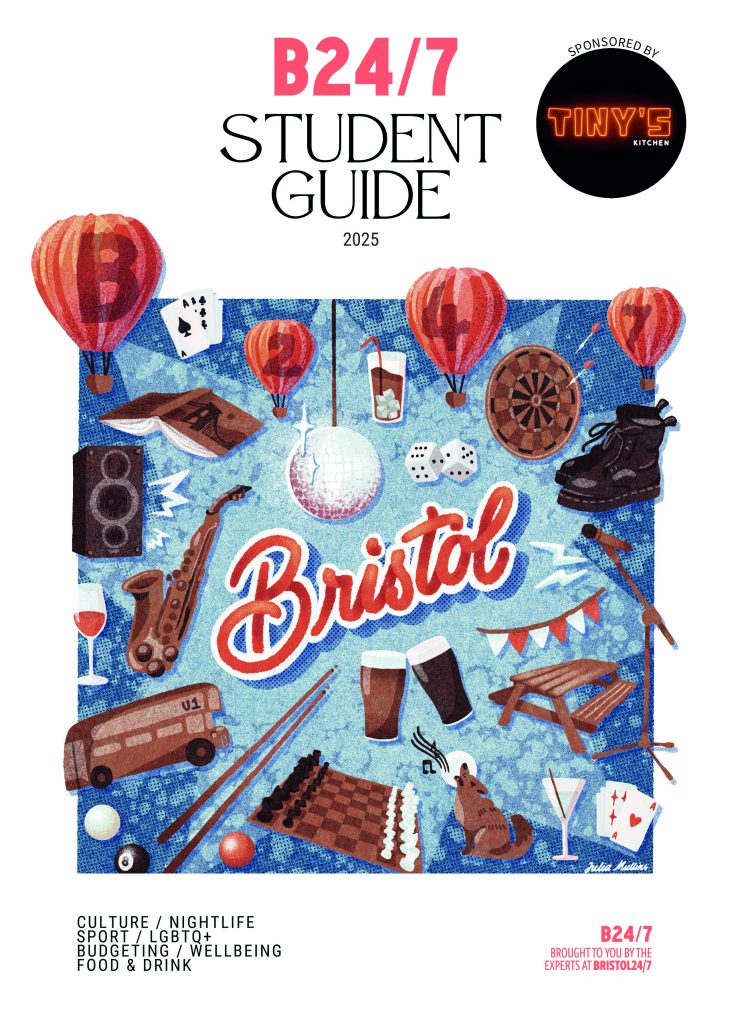
This article first appeared in the Bristol24/7 Student Guide 2025
Main photo: Xander Van der Poll
Read next:
 Our newsletters emailed directly to you
Our newsletters emailed directly to you